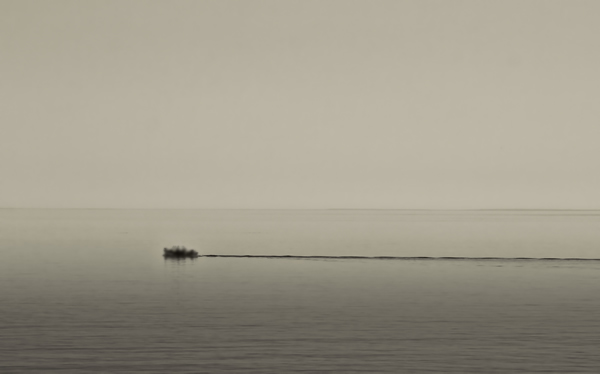Parashat Noah
Genesis 6:9-11:32
If, as I concluded in last week’s discussion, the Torah presents the story of Creation as the telling of the beginning of the possibility of goodness, we encounter the fulfillment of that potential in this week’s reading, in the figure of Noah. Noah is a good person who has found favor with God. But his example of the human capacity for goodness is set in terrible contrast against the utter depravity of all the rest of humanity. Noah is righteous. But, tragically, only Noah is righteous. No one else is redeemably good and the world is sentenced to complete destruction. Only Noah will be spared by being sheltered in a box-like boat, the ark.
But that is not quite true. Actually Noah is also accompanied by his immediate family and by myriads of creatures. God says: “Enter, you and all your household, into the ark, for I have seen that, in this entire generation, you are righteous before Me.” (Gen. 7:1) And then Noah is told to take animals and creatures into the ark as well. We notice that God gives a reason for sparing Noah – Noah’s righteousness, but God does not explain why the rest of the ark’s passengers are being spared.
Do those other people and creatures get rescued on their own merit? The Torah never says as much. Rather, the inference we are lead to draw is that these fellow passengers are spared for Noah’s sake. The animals, indistinguishable from among all the animals that were destroyed, are spared so that Noah would have a world to live within. And what of Noah’s wife and children? We never hear a good word about them. We know only that they are Noah’s kin.
We are made to face the painful loneliness of this good person, surrounded by evil all around him. In thinking about the other members of Noah’s family we are made to confront the painful calculus of human relationships and moral accountability. We must wonder about Noah’s place in his family. As the uniquely good one, was he loved even more? Was he tolerated or mocked? And how did Noah feel about his family?
On Yom Kippur I discussed the figure of Yonah (- Jonah) the prophet. His name echoes that of the dove – yonah – that Noah sent to find out whether the flood had subsided. I described a righteous person who is consumed with his fierce righteousness to such an extent that he is angry at God for being compassionate to people who repent from their evil! Noah is a different kind of person. He dwells in peace with his family, even though there is nothing to distinguish them from all the evil inhabitants of the world except for their consanguinity and their day-to-day relationship with him. Yonah the prophet could not tolerate the notion of coexisting with erstwhile sinners, even though they had mended their ways. Noah lives under the same roof with corrupt sinners and, by living with them while he nevertheless maintains his own righteousness, he actually saves their lives and the future of the world. In this messy and compromised way the possibility for goodness, brought into being with the world’s Creation, is just barely, but conclusively salvaged for another chance at realization.
Shabbat Shalom
Rabbi David Greenstein
![]()
Subscribe to Rabbi Greenstein’s weekly d’var Torah
image: “Alone” © Randen Pederson altered and used with permission via Creative Commons License
- Toby Stein: In Memoriam - Thu, Feb 8, 2024
- Faithfulness and Hope: Parashat Sh’lach - Thu, Jun 23, 2022
- Past Their Prime: Parashat B’ha`a lot’kha - Thu, Jun 16, 2022

